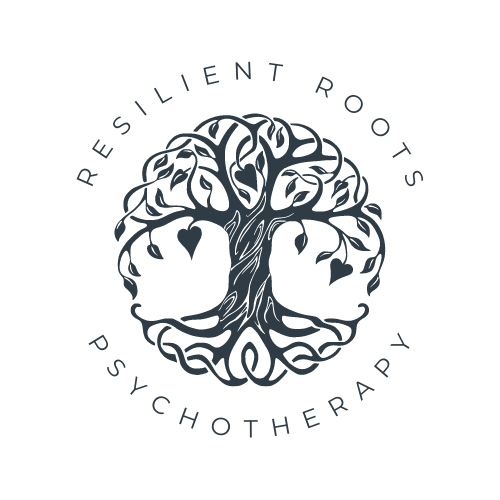Myths About Mental Health Therapy
Many misconceptions regarding mental health treatment continue to exist. These myths and resulting stigma about mental health can be powerful enough to prevent people from seeking therapy altogether.
In this article, we'll talk about some common myths around therapy and how they can be dispelled by taking a deeper look at what it means to see a therapist—and why it's worth it.
Myth: People will think I’m crazy for going to therapy.
People are becoming increasingly more vocal about their mental health struggles and accepting of those who seek treatment, despite the stigma. Clients seek help because something in their life isn’t going well - they’re struggling with anxiety, depression, self-confidence, unhealthy relationships, poor work/life balance, etc. - these are concerns we all likely experience at some point in our lives.
It's important to note that therapy is a confidential process. Your therapist cannot share information about your sessions with anyone else, including family members or friends (with some caveats, however, as therapists are required to report information about you under certain circumstances, such as if you or someone else is in danger). That said, it’s your decision as to whether or not you disclose to your loved ones that you’re in therapy.
Myth: My problems aren’t big enough to see a therapist.
Therapy is for everyone. Besides, people come for different reasons. It may be to work through some of the “bigger” struggles they experience, such as coping with trauma or the grief of divorce, but many get help because they want to understand themselves better, build confidence, or need more support in their life.
It’s common for people to minimize or invalidate their problems, but the truth is that your concerns, no matter how big or small they may seem, are valid, important, and worth talking about.
Myth: Talking won't help me.
Therapy isn’t just talking, but talking is a great way to get things out of your head. Processing your problems with a therapist can help you make sense of things, or find solutions that might not be obvious at first glance. A trained therapist will be able to help guide your thinking in ways that are productive for you and help you develop new tools to cope with distress, which may not have been possible otherwise.
Myth: I’ve been to therapy, and it didn’t work. There’s no point in going.
You may feel disappointed that you didn’t get what you hoped for out of therapy. There are several possible explanations as to why it may not have been helpful in the past.
Finding a therapist you connect with can be difficult. The tone of your treatment can be greatly influenced by your relationship with your therapist. You may have found yourself holding back information during sessions if you were working with someone you felt didn’t get you or you didn’t trust. If you sought help in the past and didn’t jive with your therapist, it’s worth setting up a couple of consultations before deciding who you want to work with.
How open to change you were at the time is another reason why counseling might not have been beneficial to you. Therapy can be hard work. It requires us to be open and vulnerable in ways that may feel uncomfortable. Perhaps you weren’t ready at the time, and that’s okay. It can be helpful even if you aren’t quite ready for change.
Myth: I have friends and family; I don't need to see a therapist.
Everyone needs support, and it’s great that you have that. But talking to your loved ones isn’t the same as going to therapy to address your mental health challenges. You may find that there are certain topics you cannot discuss with them, perhaps because you worry about how they may react. Family and friends can be biased toward you and may not be able to objectively listen or offer you guidance in the same way a therapist can.
Myth: People who go to therapy are weak.
Working with a therapist does not imply that you are weak. Seeking help is a sign of strength, courage, and the willingness to grow and change.
The truth is that having a therapist is like having any other kind of doctor. Would you avoid going to the doctor when you have a broken bone because you’re ashamed about it? No, of course not! And going to see your therapist shouldn’t be any different. Your mental health is important, and there’s no shame in taking care of yourself.
Unfortunately, mental health stigma still exists, but we don’t have to believe these harmful myths. Life can be hard enough, and there’s no reason to suffer in silence. If you have considered starting therapy, reach out to schedule a free 15-minute consultation today.

